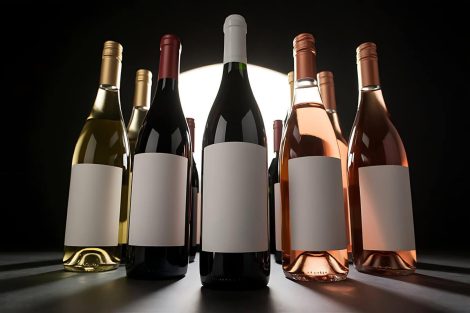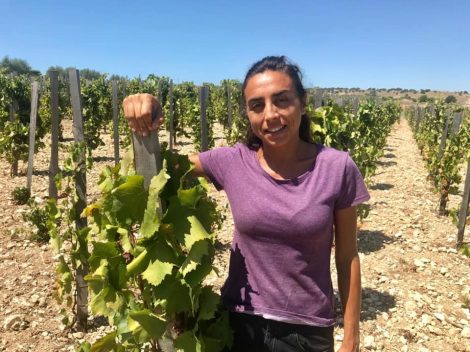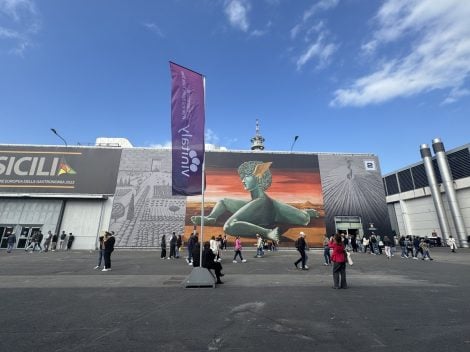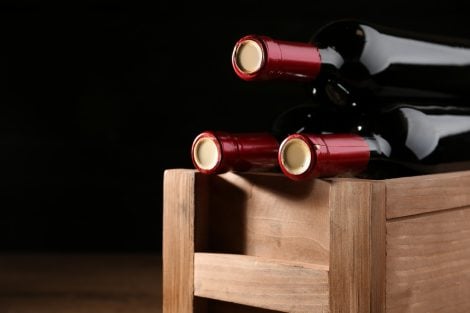Great adventures always begin by chance. A stroll through the flea market, a fascinating and mysterious object, and in about twenty years, you end up with 800 household coffee makers. Lucio Del Piccolo is a lover of coffee and beauty. When he sees a vintage moka pot, he just can't resist: today his collection is one of the most interesting in Italy.
The coffee maker collector
"I even changed houses for the coffee makers," jokes Lucio. Since 2008, he has been documenting his trips to shops, markets, and online sales on the blog "Caffettiere e Macchine da Caffè," "which unfortunately I follow less these days," but it's still rich in information, anecdotes, and curiosities about these objects from the past
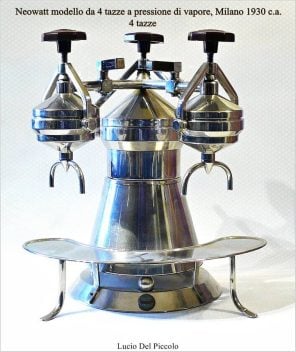
Today he lives in Ruda, a small village near Cervignano, in Friuli, and is carefully setting up his private collection, which he will open to the public as soon as possible: "We have taken a bigger house to be able to set up the attic; I will exhibit about 500 of the coffee makers collected over the years."
Moka pot, the economical coffee maker that will never go out of style
He found his first one in 2006, "it was strange, I had never seen anything like it, and from that moment, I fell in love," Lucio recounts, who now knows everything about moka pots, and household machines in general. "I started studying, did a lot of research, then I chose to share my discoveries online as well."
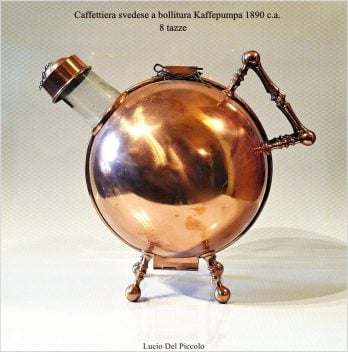
There are several enthusiasts worldwide, and according to the collector, the beauty of the moka pot will enchant more and more people, "it's also an economic issue: considering the costs of energy and raw materials, the moka pot ends up being the most affordable of preparations, much more so than capsules." In Trieste, during the Coffee Festival, Lucio also organizes the Moka Contest, a competition dedicated to the most well-known household coffee maker of all time, "the number of participants increases every year."
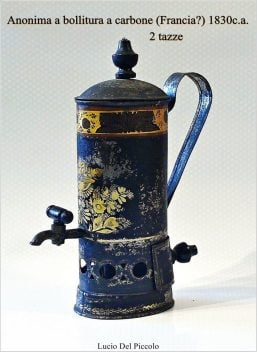
Rare and antique coffee makers
The strangest coffee maker? "A machine that has never actually seen the light, a prototype found by chance, then others older like one from '53 with a pump attached to pump air inside and perform extraction." And the rarest? "The one patented by Salvatore Sanvitale in 1966, La Kicca, a unique family-use coffee maker, composed of three parts and with no gasket, even easier to clean... you never go wrong with that one, but it's not easy to find."
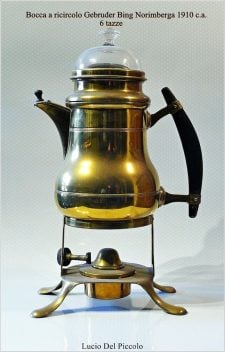
The moka pot for induction cooktops
But how will things change in the future, when induction cooktops become more common? "Actually, the moka pot works even better this way: the extraction is easily regulated, you can increase and decrease the power more precisely." Starting with medium power at the beginning, "then lowering it as soon as the first drops come out, and turning it off when the drink is halfway so that the rest comes out. With the flame, you do the same thing, but it's more of an approximate method by nature."

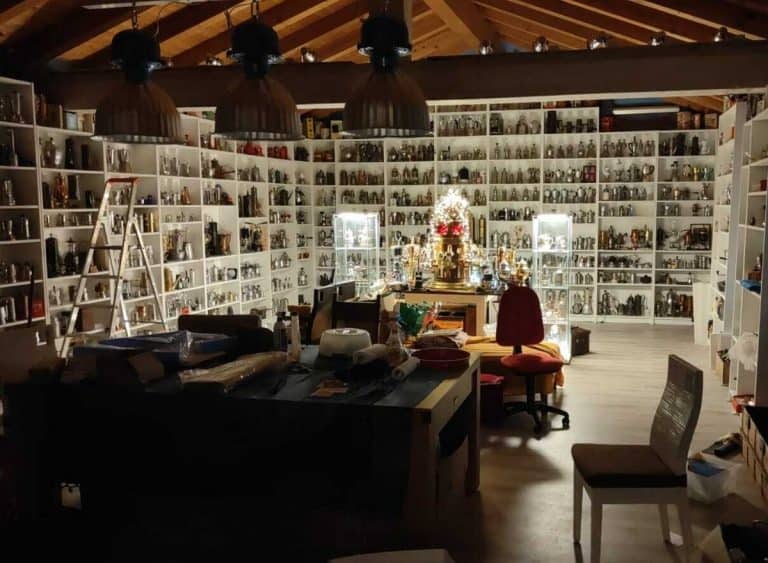
 Fewer bottles, more by-the-glass: how to build the wine list of the future
Fewer bottles, more by-the-glass: how to build the wine list of the future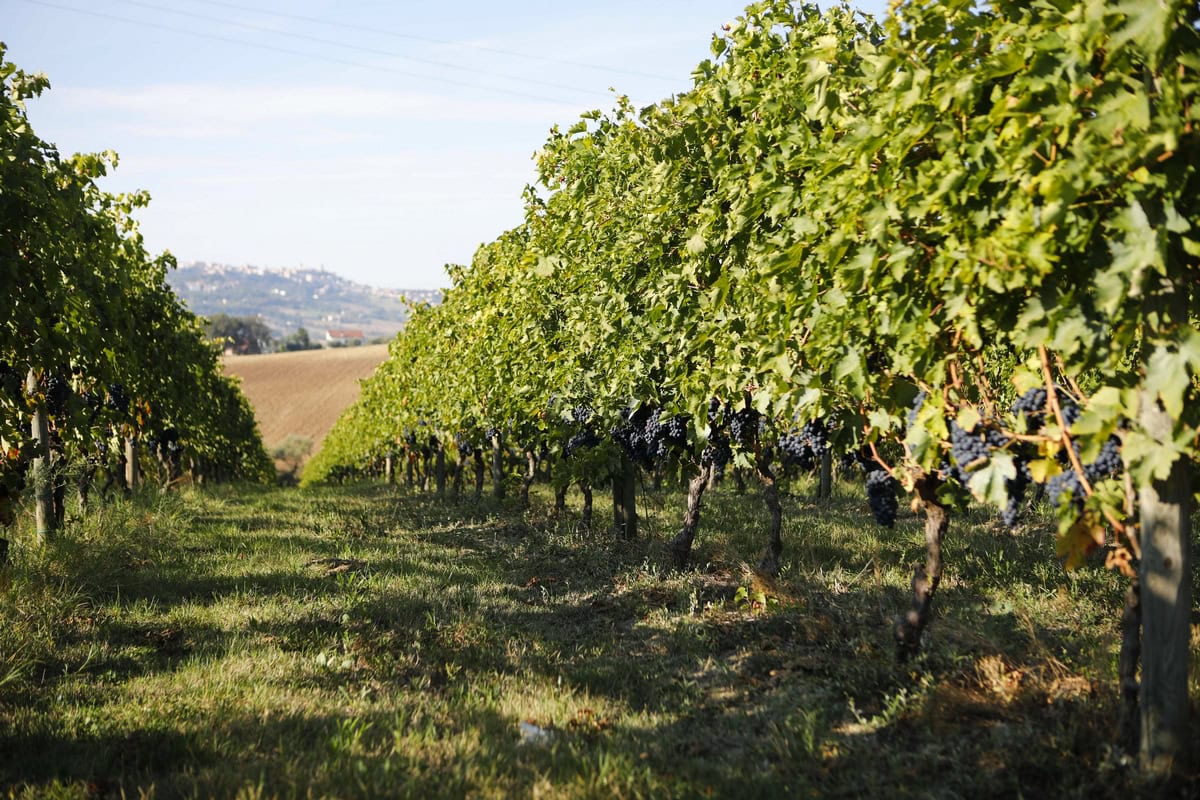 The Moncaro collapse impacts Marche wines. But average price rises
The Moncaro collapse impacts Marche wines. But average price rises Trump’s first trade war cost Americans $27 billion. USDA analysis
Trump’s first trade war cost Americans $27 billion. USDA analysis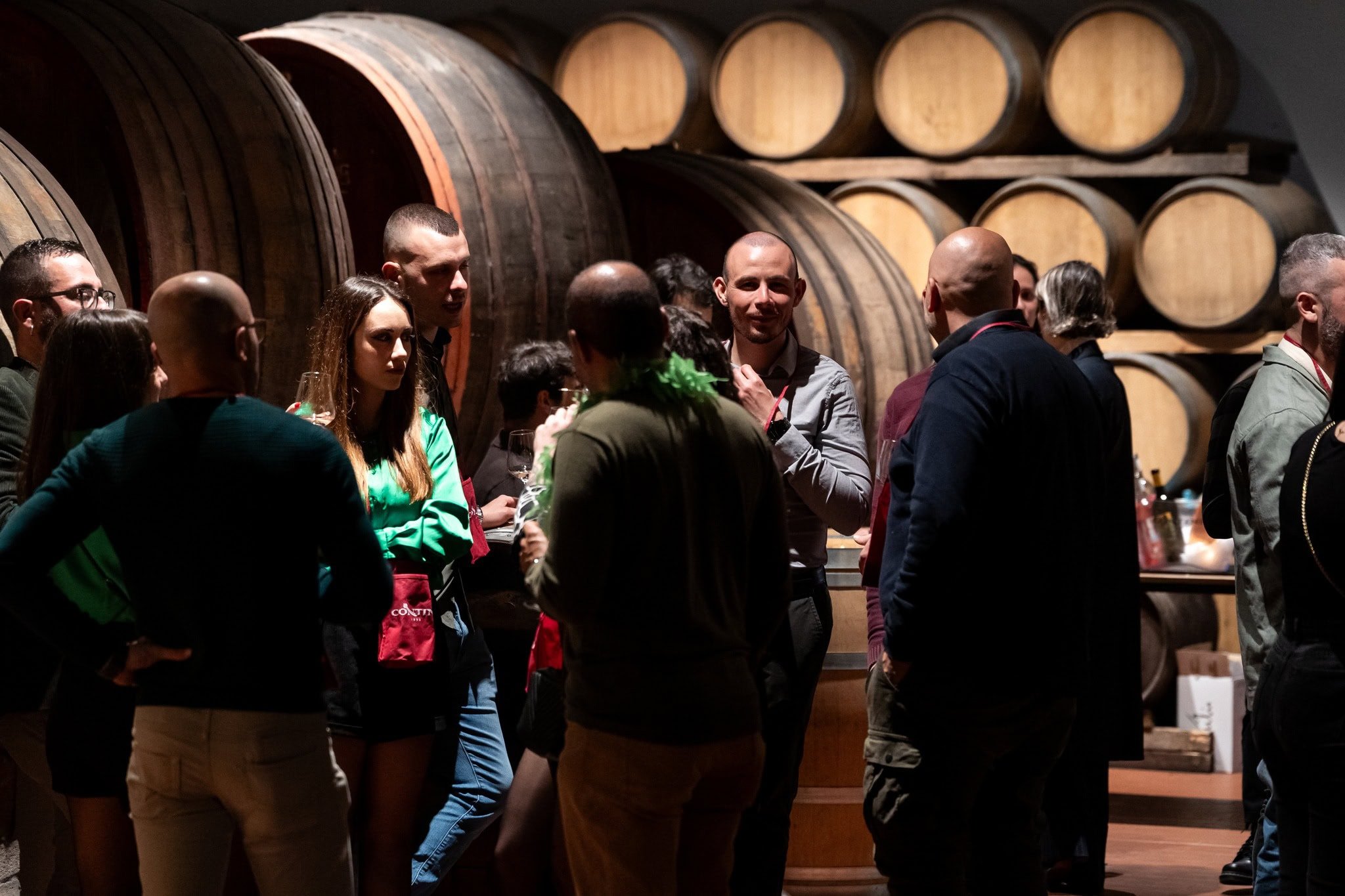 Here are ten Rare Wines you absolutely must try
Here are ten Rare Wines you absolutely must try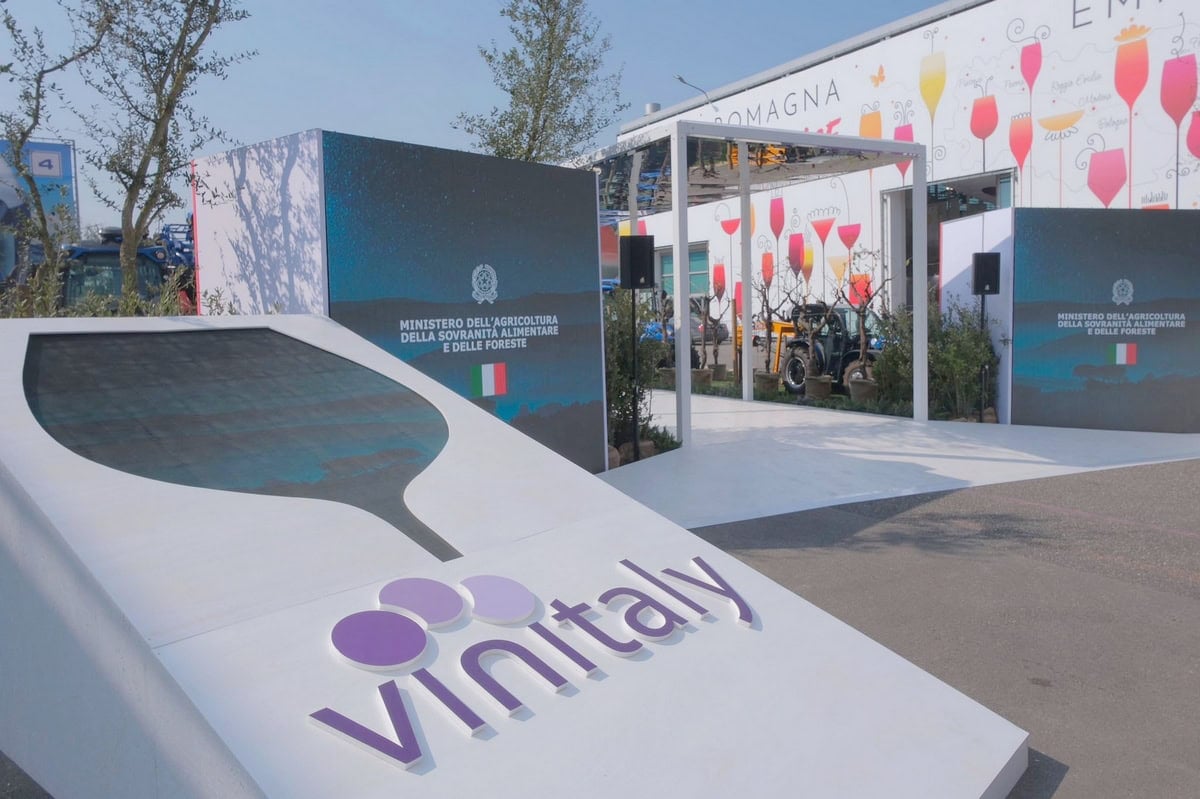 The “Tariff Vinitaly” closes with 97,000 attendees: one third from abroad. See you on 12 April 2026
The “Tariff Vinitaly” closes with 97,000 attendees: one third from abroad. See you on 12 April 2026
